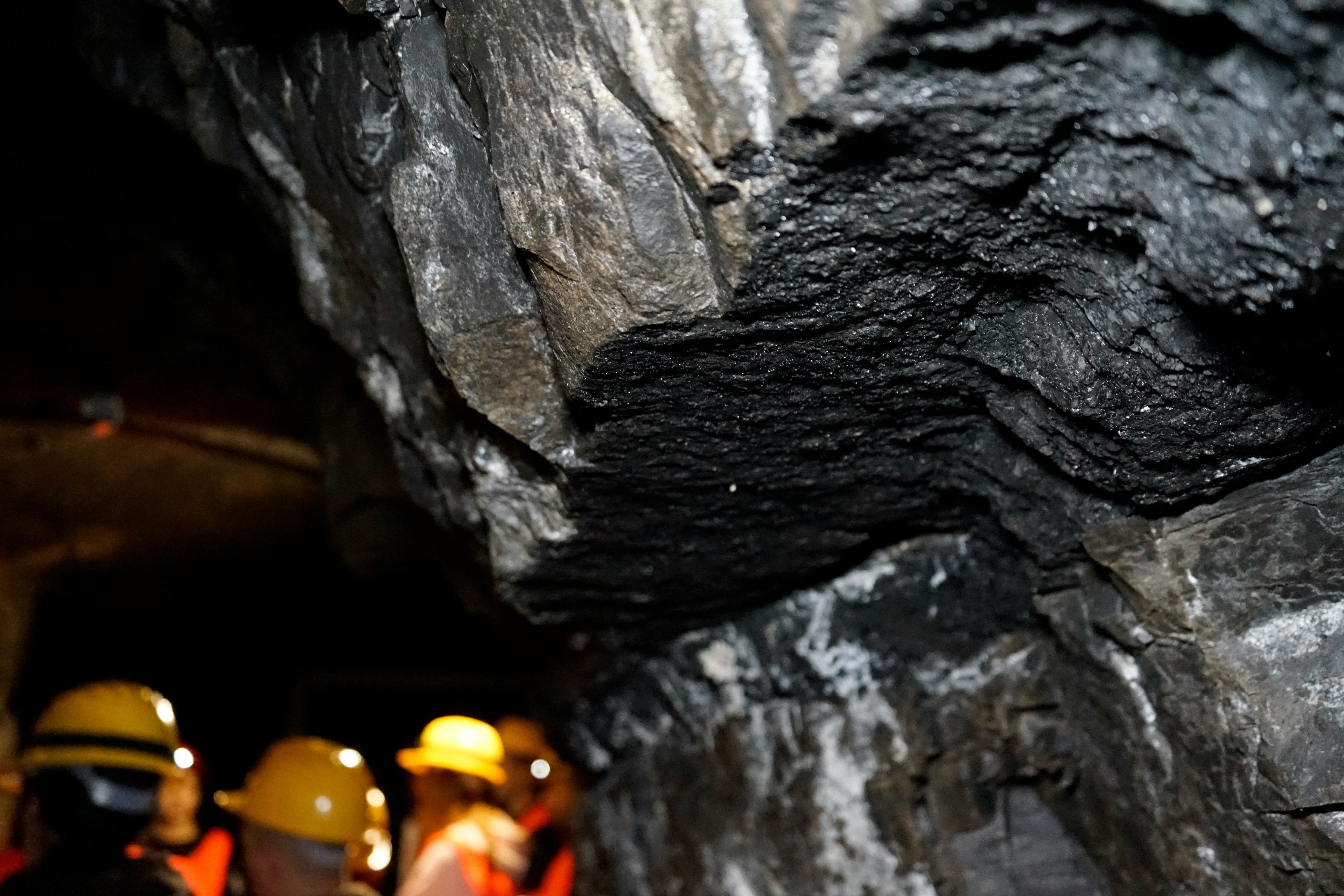US Influence In Africa: Intervention In Congo Mine Sale To Chinese Defense Company

In a strategic move to counter China's growing influence in Africa, the United States has intervened in the sale of a Congolese mine to a subsidiary of the Chinese defense company Norinco. This intervention is part of a broader geopolitical strategy aimed at securing critical resources and maintaining global supply chain stability. This article explores the motivations behind the US intervention and its potential impacts on international relations and resource management.
Importance of the Congolese Mine
Cobalt and Copper Reserves The Congolese mine in question holds substantial reserves of cobalt and copper, minerals that are essential for high-tech industries and renewable energy technologies. Cobalt is a critical component in lithium-ion batteries, which power everything from smartphones to electric vehicles, while copper is crucial for electrical wiring and electronic products.
Global Supply Chain These minerals play a vital role in the global supply chain, making the mine's output strategically important for numerous industries. Control over such resources can significantly influence technological development and economic stability, which is why the mine's sale has attracted international attention.
Motivations Behind US Intervention
National Security Concerns The US has expressed concerns over Chinese control of critical resources. Given Norinco's status as a defense company, there are fears that Chinese dominance in the mining sector could pose risks to national security and technological superiority. The US government is wary of allowing a strategic competitor to gain influence over materials essential for defense and high-tech industries.
Economic and Strategic Interests Economically, ensuring access to these critical minerals is paramount for the US to maintain its technological and industrial edge. Strategically, the US aims to curb China's expanding influence in Africa, a continent rich in resources but often politically volatile. By intervening in the mine sale, the US seeks to reinforce its commitment to securing critical supply chains and supporting allies in resource-rich regions.
Diplomatic Efforts US officials have encouraged Gécamines, Congo's state-owned mining company, to review the sale through diplomatic channels and potential economic incentives. High-level talks and strategic communications have been part of the effort to persuade Congo to consider alternatives that might align more closely with US interests and global supply chain security.
Implications for US-China Relations
Geopolitical Competition This intervention highlights the broader geopolitical competition between the US and China, particularly in resource-rich regions like Africa. Both nations are vying for influence and control over critical minerals, with significant implications for global power dynamics.
Future Tensions The US intervention is likely to increase tensions with China, as both nations compete for strategic resources. This could lead to further conflicts and diplomatic standoffs as each side seeks to secure its interests in critical regions.
Impact on Global Politics The impact of this intervention on global politics is substantial, as it may influence how other nations approach resource security and international partnerships. Countries may need to navigate the complex dynamics of aligning with major powers while securing their economic and strategic interests.
Effects on Congo and Gécamines
Economic Outcomes For Congo, reconsidering or renegotiating the sale could have significant economic implications. While the initial deal with Norinco might offer immediate financial benefits, alternative partnerships could provide more sustainable economic growth and stability.
Strategic Partnerships Congo's strategic partnerships may evolve in response to international pressures. Aligning more closely with US interests could open doors to new investments and economic support, but it might also strain relations with China, a major player in Africa's economic landscape.
Long-term Resource Strategy Developing a long-term resource strategy that balances national interests with international opportunities is crucial for Gécamines. Ensuring that deals are made in the best interest of the country’s economic and strategic future will be key to sustainable development and political stability.
Conclusion
The US intervention in the Congo mine sale to a Chinese defense company underscores the strategic importance of critical resources and the intensifying competition between major global powers. This move highlights the complex interplay of national security, economic interests, and international relations in the global resource landscape. As the US and China continue to vie for influence, the outcomes of such interventions will shape the future of global geopolitics and resource management.
Author: Brett Hurll
Copper's Comeback: Inside BHP And Lundin's Argentine Asset Acquisition
Copper, often dubbed "the metal of electrification," is experiencing a resurgence in demand due to its critical role in ... Read more
Revitalizing Commodities: How Clean Energy Is Breathing New Life Into A Stagnant Market
The commodities market, traditionally a cornerstone of investment portfolios, has experienced a decade of stagnation. Ho... Read more
European Airports Disrupted By Escalating Climate Protests
Climate activists have escalated their protests at European airports, blocking runways and causing flight disruptions in... Read more
Hungary's Russian Oil Dilemma: Why Brussels Is Cautious In Offering Support
Hungary's reliance on Russian oil has led it to seek support from Brussels to ensure continued access to this crucial en... Read more
Unveiling China's Secret Commodity Stockpiles: What Lies Ahead?
Xi Jinping's extensive reserves of grain, natural gas, and oil hint at future challenges.In a move shrouded in secrecy, ... Read more
Copper Miners Brace For Industry Overhaul As End Users Seek Direct Deals
The copper mining industry is bracing for a significant overhaul as end users, including cable manufacturers and car com... Read more

